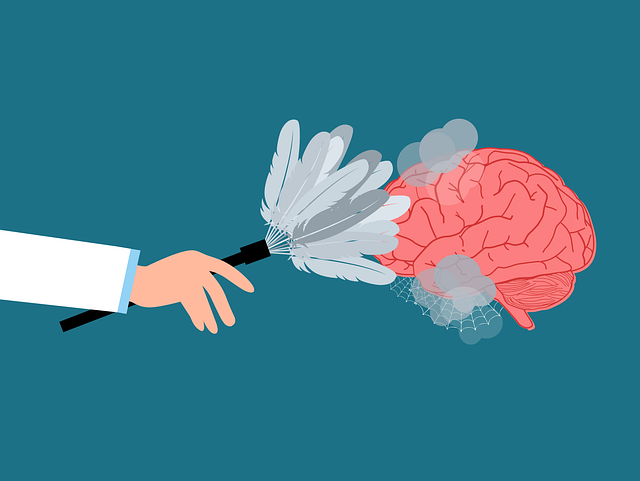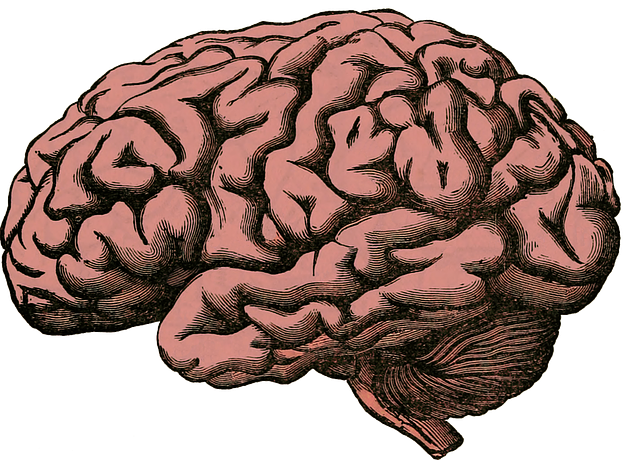Westminster Bilingual Therapy focuses on understanding diverse community needs for successful mental health programs. By targeting specific groups with tailored initiatives like mindfulness sessions and multilingual podcasts, they overcome cultural barriers. Effective outreach strategies involve collaborating with community leaders, offering sensitive workshops, and addressing unique challenges faced by immigrants or marginalized communities. The program's holistic approach, including continuous evaluation, ensures relevance and success in enhancing individual well-being and strengthening the community's mental health ecosystem.
Community outreach programs, like Westminster Bilingual Therapy initiatives, play a pivotal role in enhancing accessibility to essential services. Understanding local needs requires identifying target groups within diverse communities. Effective strategies engage these groups through tailored, inclusive approaches. Program structure and implementation thrive with best practices ensuring success and addressing challenges in community therapy access. Continuous improvement relies on measuring impact and evaluating initiative effectiveness.
- Understanding Community Needs: Identifying Target Groups for Westminster Bilingual Therapy Programs
- Designing Effective Outreach Strategies: Engaging Diverse Communities
- Program Structure and Implementation: Best Practices for Success
- Overcoming Barriers: Addressing Challenges in Community Therapy Access
- Measuring Impact and Continuous Improvement: Evaluating the Effectiveness of Outreach Initiatives
Understanding Community Needs: Identifying Target Groups for Westminster Bilingual Therapy Programs

Understanding the unique needs of different community groups is a crucial step in implementing effective Westminster Bilingual Therapy programs. By identifying specific target audiences, such as immigrants, refugees, or low-income families, therapists can tailor their services to address cultural and linguistic barriers that may hinder access to mental health care. These tailored programs aim to provide inclusive support, ensuring that everyone within the community feels welcomed and empowered to improve their mental wellness.
For instance, incorporating Mindfulness Meditation practices into therapy sessions can be a game-changer for individuals dealing with anxiety or stress related to cultural shifts or language barriers. Similarly, developing Mental Wellness Podcast Series Production targeting various languages can make valuable resources accessible, fostering open conversations about mental health and reducing stigma. Additionally, creating Mental Wellness Coaching Programs Development focused on community engagement strategies enables participants to take an active role in their healing journey while building a supportive network within their own cultural contexts.
Designing Effective Outreach Strategies: Engaging Diverse Communities

Designing effective outreach strategies is key to engaging diverse communities, especially when implementing programs like Westminster Bilingual Therapy. It involves understanding and addressing the unique needs and cultural sensitivities of each community. For instance, tailoring your approach for immigrants or refugees necessitates recognizing their specific challenges—language barriers, acculturation issues, and past traumas—and incorporating tailored services such as mental wellness journaling exercises or mindfulness meditation guidance.
This personalized strategy should also focus on building trust and fostering connections. Engaging community leaders, leveraging local networks, and offering culturally sensitive programs like self-esteem improvement workshops can significantly enhance participation rates. By acknowledging and embracing diversity, outreach programs can create inclusive environments that encourage open dialogue, active involvement, and positive outcomes for all individuals within the community.
Program Structure and Implementation: Best Practices for Success

Effective community outreach programs require a well-structured approach to ensure success. At Westminster Bilingual Therapy, we’ve found that tailored programs with clear goals and measurable outcomes are key. Start by identifying the specific needs of your target community, whether it’s enhancing coping skills development or boosting confidence among marginalized groups. Create modular programs that offer diverse services, catering to various demographics within the community.
Implementing best practices involves engaging community leaders and stakeholders through collaborative decision-making processes. Regularly collect feedback from program participants to ensure interventions align with their evolving needs. Integrate evidence-based techniques for mental health policy analysis and advocacy into your strategy, fostering a supportive environment that addresses systemic barriers. This holistic approach not only improves individual well-being but also strengthens the overall mental health ecosystem within the community.
Overcoming Barriers: Addressing Challenges in Community Therapy Access

Overcoming barriers to access community therapy is a vital step in ensuring that everyone, regardless of their background or circumstances, can benefit from mental health support. In diverse communities like Westminster, where cultural and linguistic variations thrive, challenges arise in providing inclusive therapy services. The first step is recognizing these obstacles—from language and cultural differences to socioeconomic barriers and stigma surrounding mental health. For instance, Westminster Bilingual Therapy has found success by offering services in multiple languages, ensuring that non-English speakers feel heard and understood.
Community outreach programs play a crucial role here. By utilizing Compassion Cultivation Practices, Social Skills Training, and Self-Awareness Exercises tailored to the community’s needs, therapists can foster an environment of trust and openness. These strategies not only enhance accessibility but also encourage individuals to actively participate in their therapy journeys. Through such initiatives, communities can be empowered to navigate challenges, ensuring that mental health support reaches those who need it most effectively.
Measuring Impact and Continuous Improvement: Evaluating the Effectiveness of Outreach Initiatives

Evaluating the impact of community outreach programs is crucial for ensuring their long-term success and identifying areas for improvement. Westminster Bilingual Therapy’s initiatives aim to foster continuous growth by employing robust evaluation methods. This involves assessing key performance indicators (KPIs) specific to each project, such as participation rates, program satisfaction, and changes in knowledge or behavior related to the initiative’s focus. For instance, if the outreach program targets mental health awareness, metrics could include the number of individuals seeking mental health services post-outreach and improvements in their well-being.
Regular assessments enable the team to adapt strategies and tailor programs to better serve the community. By analyzing outcomes and participant feedback, they can refine communication strategies, enhance cultural competency training for healthcare providers, and ultimately improve the overall effectiveness of outreach initiatives. This data-driven approach ensures that Westminster Bilingual Therapy remains responsive to the evolving needs of their diverse community.
Implementing successful community outreach programs for Westminster Bilingual Therapy involves a multifaceted approach. By understanding diverse community needs, designing inclusive strategies, and structuring programs with best practices in mind, we can overcome barriers to access and measure impact. This holistic process ensures that therapy reaches those who need it most, fostering a more connected and supported community. Continuous improvement through evaluation is key to maximizing the effectiveness of these initiatives.










